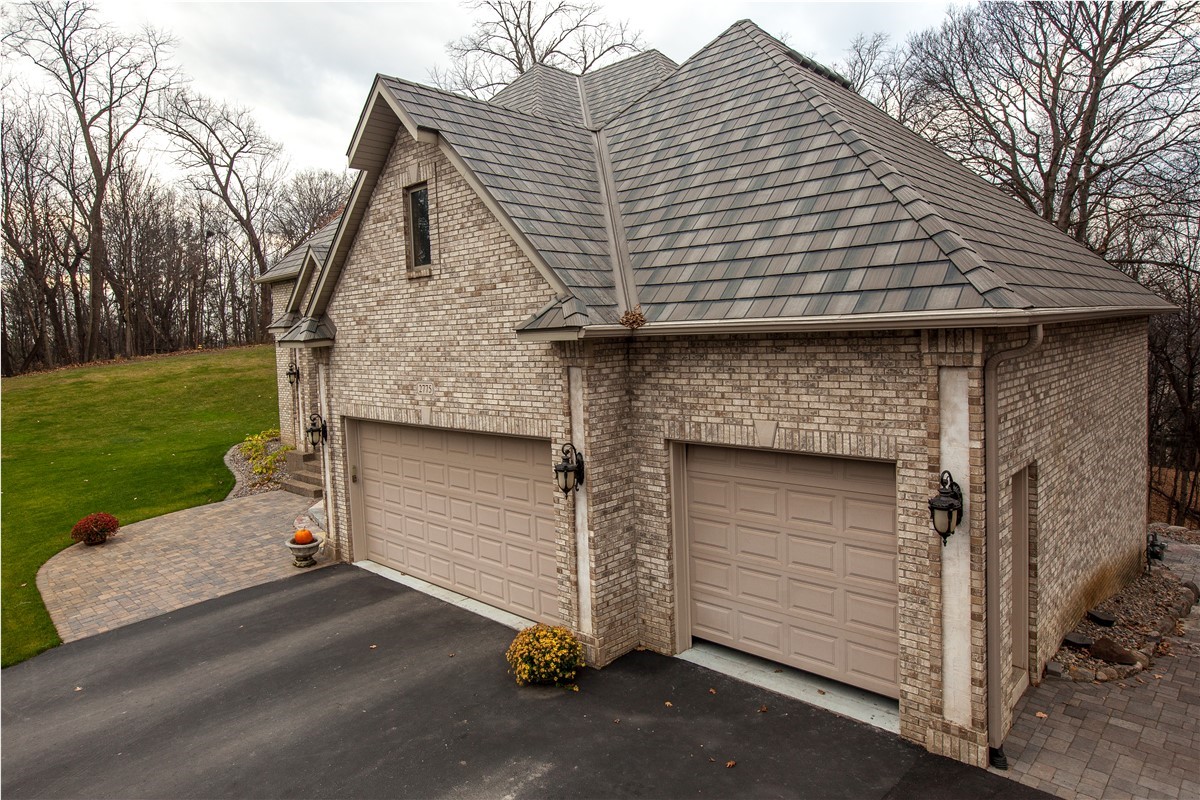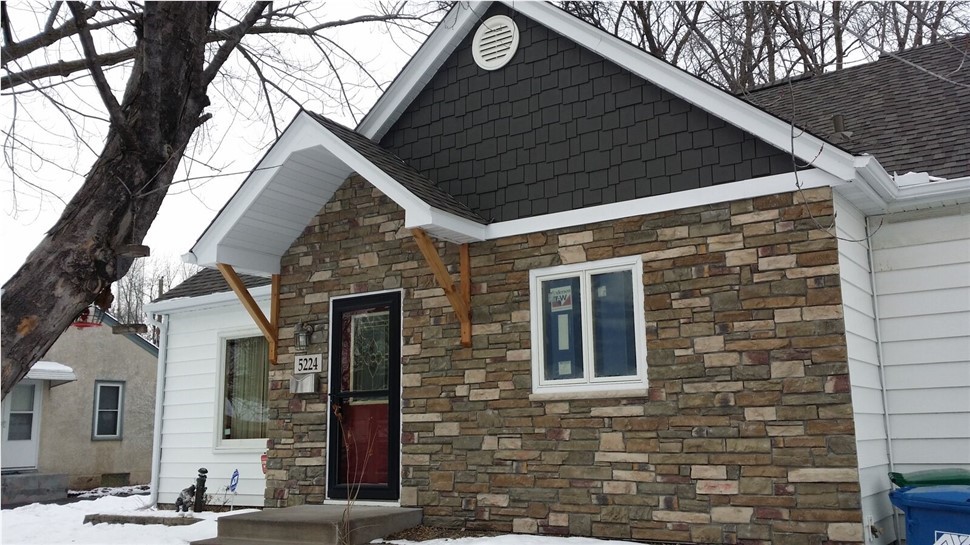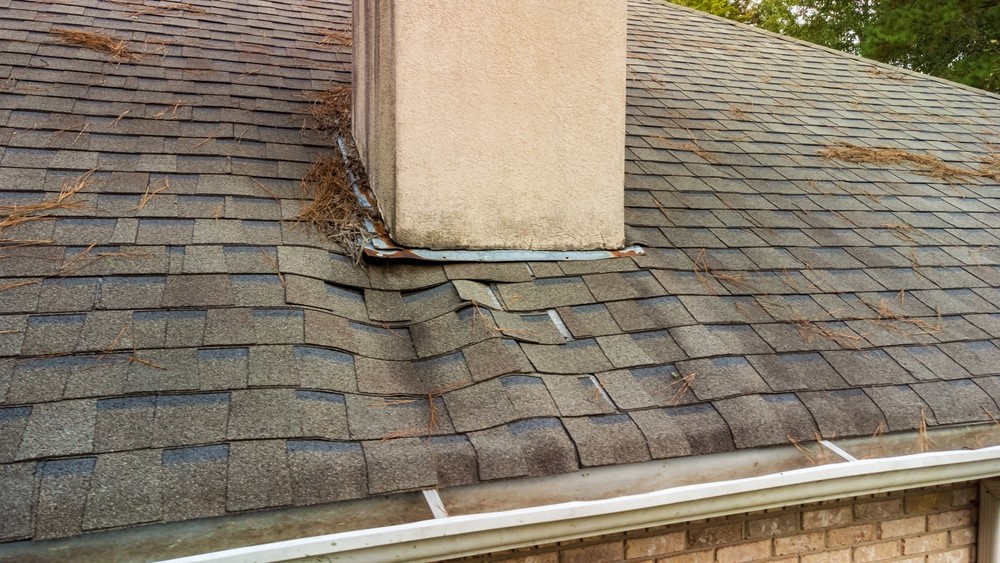 We get that – unless you’re a contractor you’ve probably never needed to consider the differences in these words. But you've probably heard them all if you've looked into having some home remodeling done.
We get that – unless you’re a contractor you’ve probably never needed to consider the differences in these words. But you've probably heard them all if you've looked into having some home remodeling done. Though the differences are slight, the overall success of your home renovation project may depend on your familiarity with these terms.
Some home remodeling contractors use “quote” and “estimate” interchangeably; others use “bid” and “proposal” to indicate a document that may also serve as a contract. Sometimes the usage even varies based on who is using the term.
Here’s an illustration of this point: Coke, cola, soda, and pop might all refer to the same beverage; the difference in terms is based largely on what part of the country you’re in and who you’re talking to. So it is with these four contracting expressions.
That being said, there are still general guidelines to define these words. The most commonly accepted definitions are listed below.
- A quote is a figure a contractor gets from a supplier for the price of materials they need for a job. Generally quotes are “time specific” meaning that the contractor has only a limited amount of time to purchase the materials at the price given to him. Because the price of materials fluctuates, a quote will expire after a month or so.
- An estimate is a contractor’s calculation of the costs involved in a project. This can include raw materials and labor as well as things like taxes, equipment rentals, and subcontractors. While most estimates are free, some contractors do charge. If there is a fee involved, however, you can expect a much more precise estimate. And an estimate is just that; it's not a firm price, and the actual cost can vary.
- The word bid can have a couple different meanings. 1) It may refer to a more detailed document which states that certain services will be carried out at a given location for a specific price. 2) It may apply to the specific price referred to in a particular document.
- A proposal is the most comprehensive document and may include quotes from suppliers, estimates on overhead, and bids from subcontractors. At times a proposal will include the customer’s signature of acceptance, in which case your contractor may refer to it as a contract.
Subscribe to Quarve Contracting's Blog







Comments